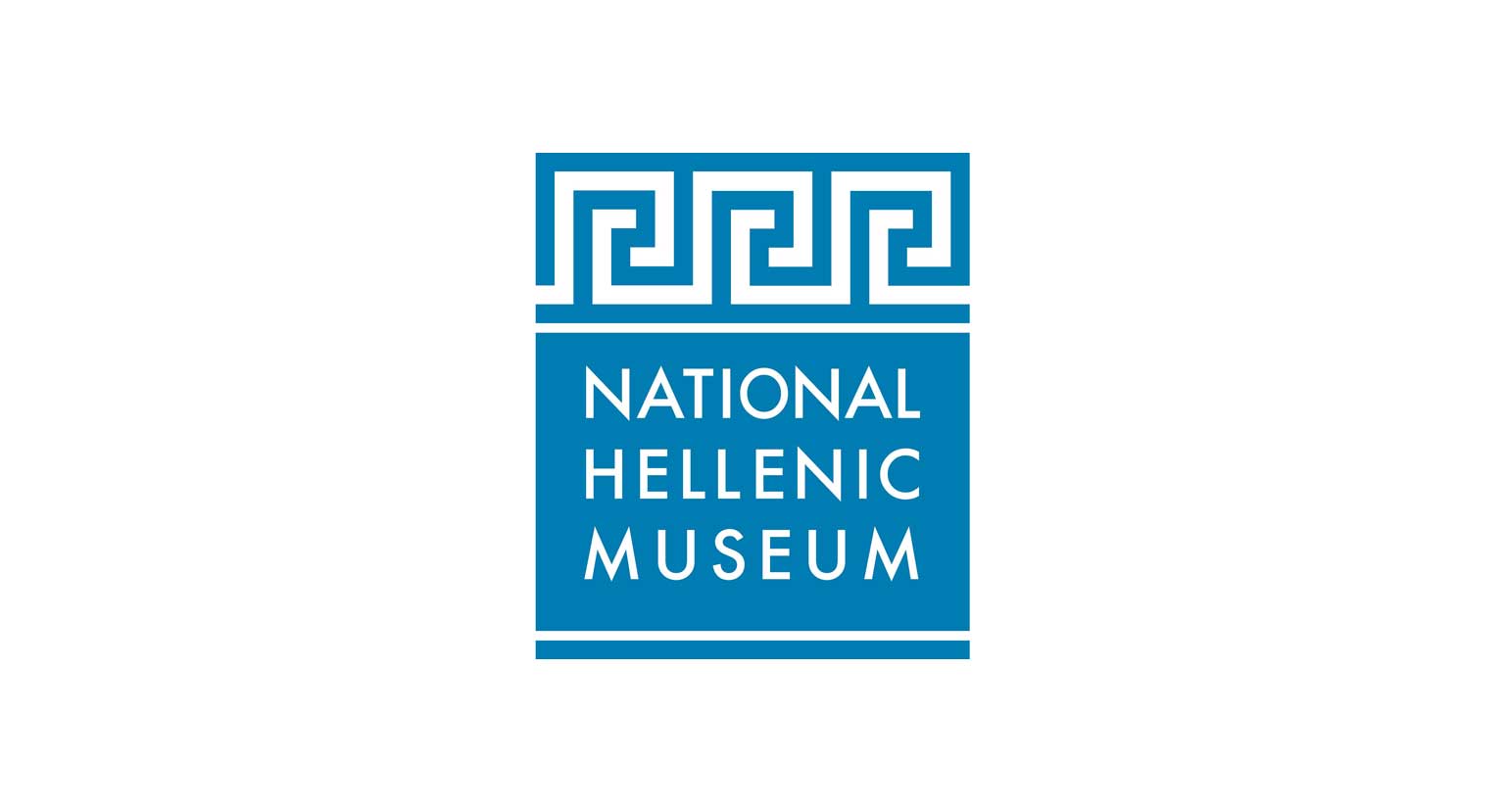
Free Minds for Troubled Times: Ancient Advice for the Modern World
By Dr. Katherine Kelaidis, Resident Scholar and Director of Academic Collaborations at the National Hellenic Museum
We live in a world that presents us with many questions. The pandemic, climate change, and civil discord are shaping our conversations and actions. How are we to navigate such a time? Perhaps the best antidote to the uncertainty is a fearless, critical examination of the cosmos; questions are only scary if you dread the asking. Minds that are free to think and question are the minds most able to find answers.
This powerful lesson was first taught 1500 years ago, in the streets and porticos of ancient Athens, where people came to understand freedom—particularly freedom of the mind—to be at the root of human happiness.
As Pericles notes in his famed “funeral oration,” Athenians knew “courage to be the guardian of freedom and freedom to be the root of happiness.” And, as he sat in prison, facing death, Plato reports that Socrates, utterly unrepented, declared, “…the greatest good of man is daily to converse about excellence (ἀρετή), and all that about which you hear me examining myself and others… the unexamined life is not worth living.” With this pronouncement, Socrates articulates a defense of fearless inquiry and freedom of thought and action, beliefs that ground so much of what is best in the history of humankind.
It is, of course, undeniably true the ancient Greeks did not always live up to their veneration of freedom. After all, Ancient Greece was a slaveholding society, and the women lacked basic civil rights. Socrates himself was executed for asking too many questions and thinking too far outside the prescribed limits, which makes his bold embrace of the principle of free inquiry in the hours before his death even more powerful. And yet, love of freedom formed a core Greek value. It shaped ancient Greek culture, allowed the great flowering of Greek thought, and inspired subsequent generations.
At the National Hellenic Museum, we are custodians of the physical legacy of Greek Americans, the treasures brought across oceans and passed down through generations. But we are also the guardians of an intellectual legacy that extends much further back: the Hellenic legacy of freedom of thought and of inquiry. We share with the world the Greek tradition of asking hard questions and forgoing easy answers, because we know this, as much as photographs and wedding dresses, is a precious heirloom that those who come after us will need.
Please visit us at nationalhellenicmuseum.org to learn more about our work and support our effort to promote inquiry and share the Hellenic legacy for generations to come.

